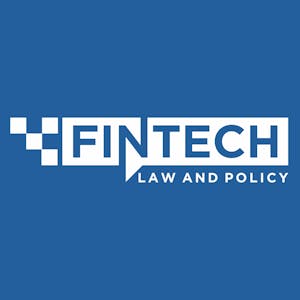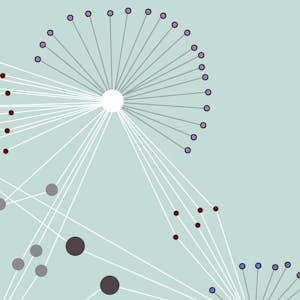FinTech Law and Policy
About this Course
Being a successful FinTech firm requires more than just great technology; it also requires an understanding of the laws and regulations applicable to your business. This course will provide you with that understanding. You will learn about the critical legal, regulatory, and policy issues associated with cryptocurrencies, initial coin offerings, online lending, new payments and wealth management technologies, and financial account aggregators. In addition, you will learn how regulatory agencies in the U.S. are continually adjusting to the emergence of new financial technologies and how one specific agency has proposed a path for FinTech firms to become regulated banks. You will also learn the basics of how banks are regulated in the U.S. If you are unfamiliar with how these new financial technologies work, fear not. We will begin each new course section with a high-level overview of the underlying technology. While the course is principally focused on the U.S. FinTech industry, we cannot possibly cover every relevant legal and regulatory issue. Therefore, this course should not be construed as legal advice. Rather, the goal of the course is to familiarize you with the key legal and regulatory challenges FinTech firms in various sectors face, as well as the critical policy debates that are occurring in Washington D.C. and state capitals across the country.Created by: Duke University

Related Online Courses
The Data Mining Specialization teaches data mining techniques for both structured data which conform to a clearly defined schema, and unstructured data which exist in the form of natural language... more
This Specialization is well suited for managers, leaders, team members and others who work in diverse environments that require effective teamwork and communication with a wide array of... more
The field of analytics is typically built on four pillars: Descriptive Analytics, Predictive Analytics, Causal Analytics, and Prescriptive Analytics. Descriptive analytics (e.g., visualization, BI)... more
In this course, participants will develop an understanding of the intuitive foundations of asset and investment valuation, and how alternative valuation techniques may be used in practice. This is... more
This accelerated on-demand course introduces participants to the comprehensive and flexible infrastructure and platform services provided by Google Cloud with a focus on Compute Engine. Through a... more








